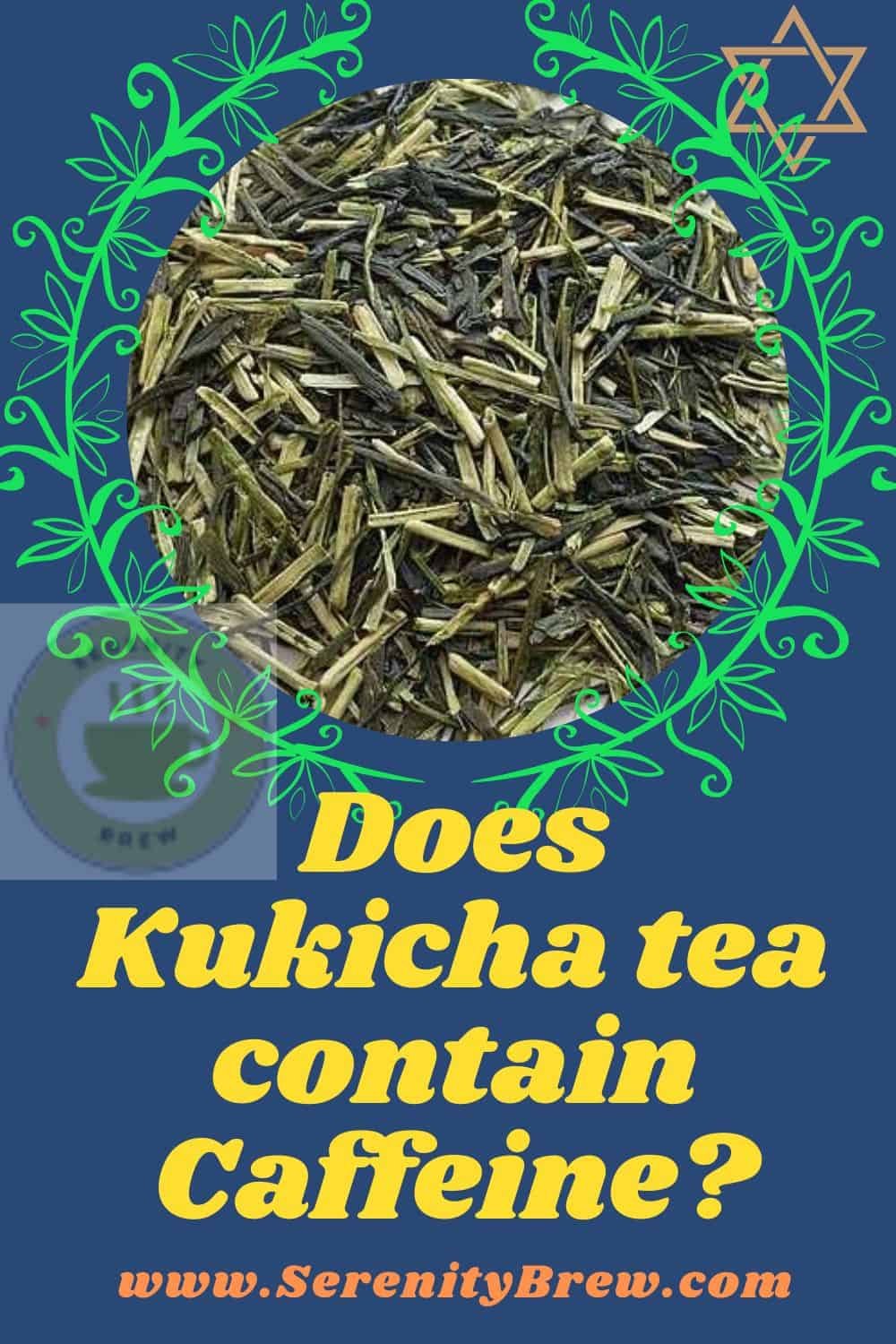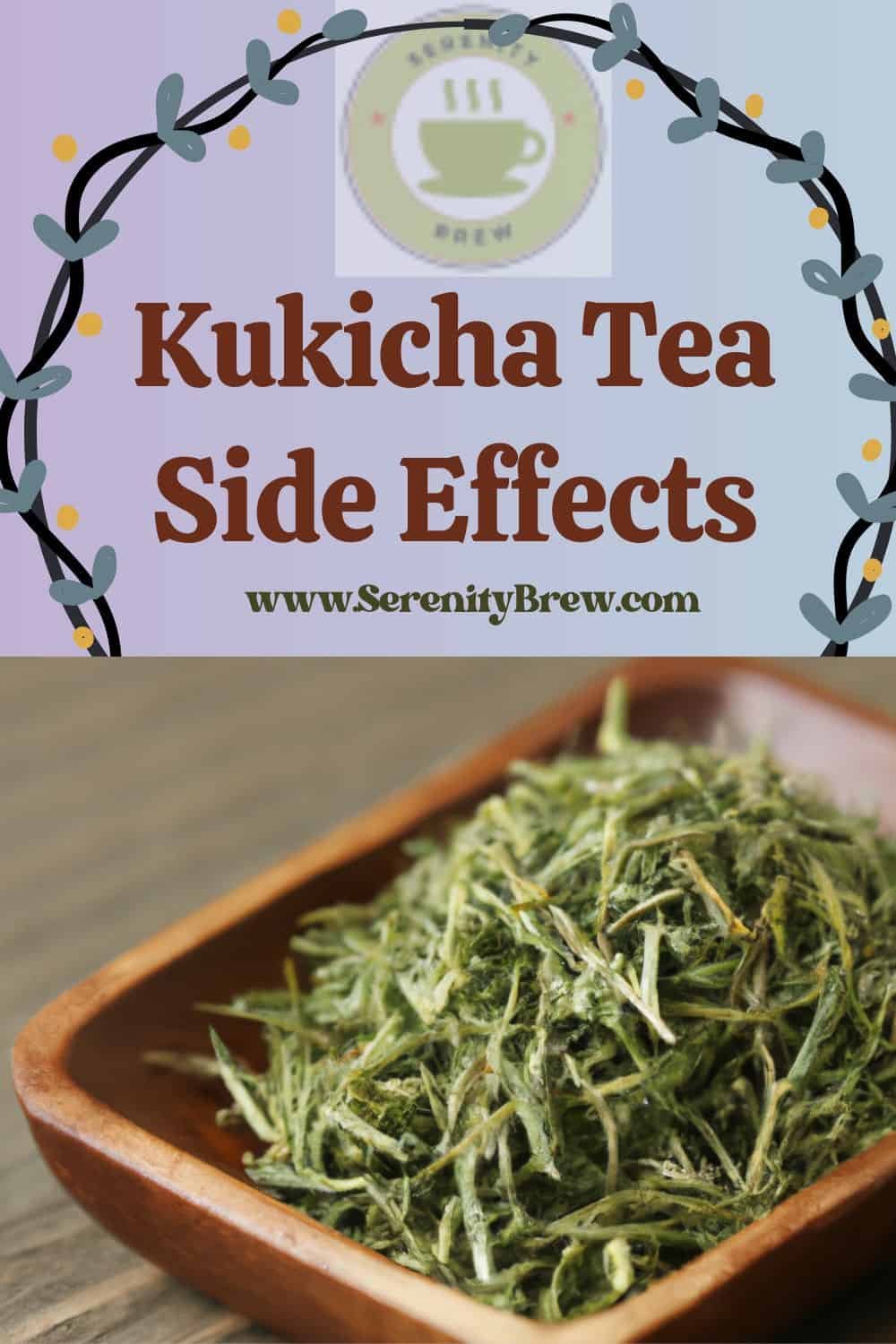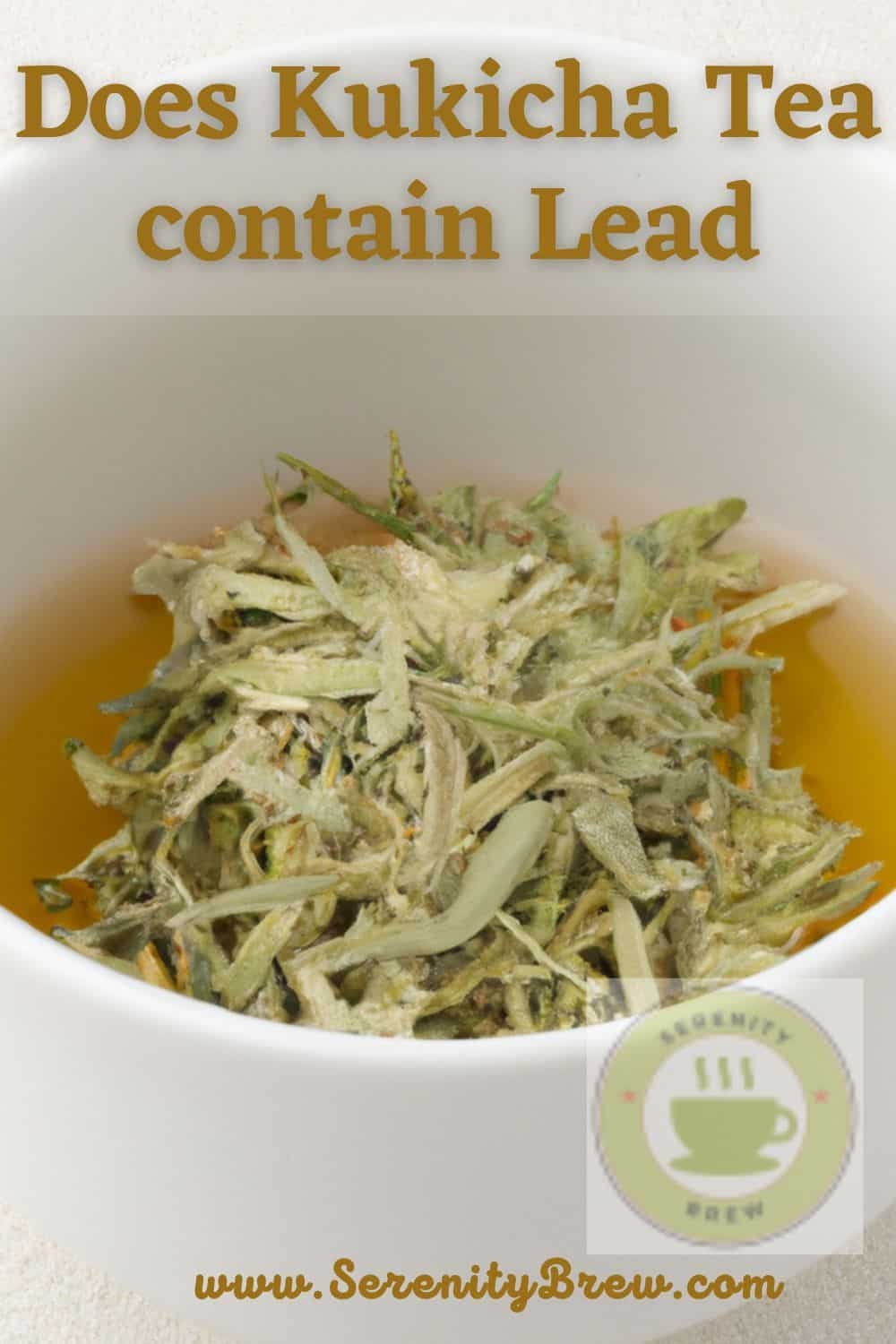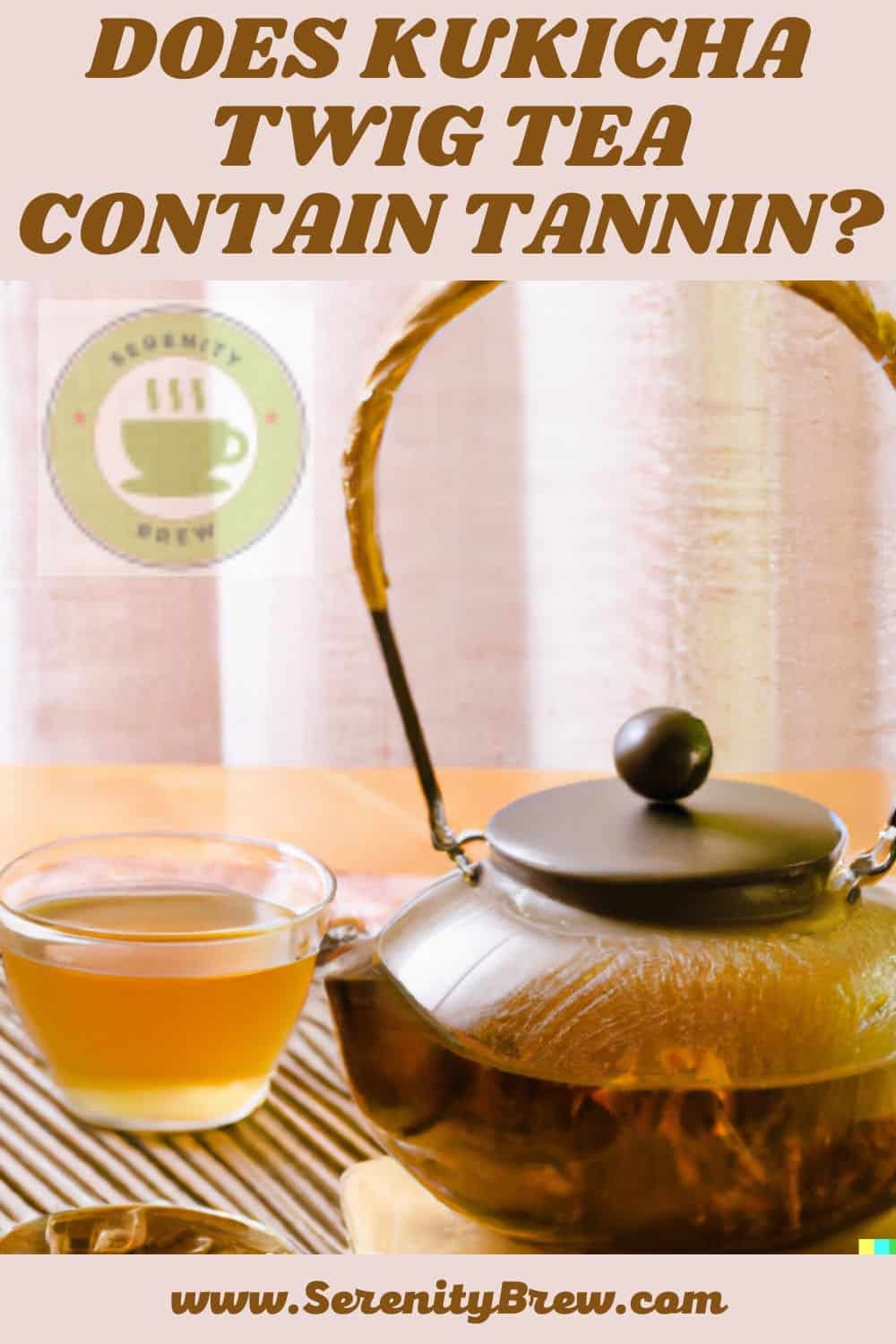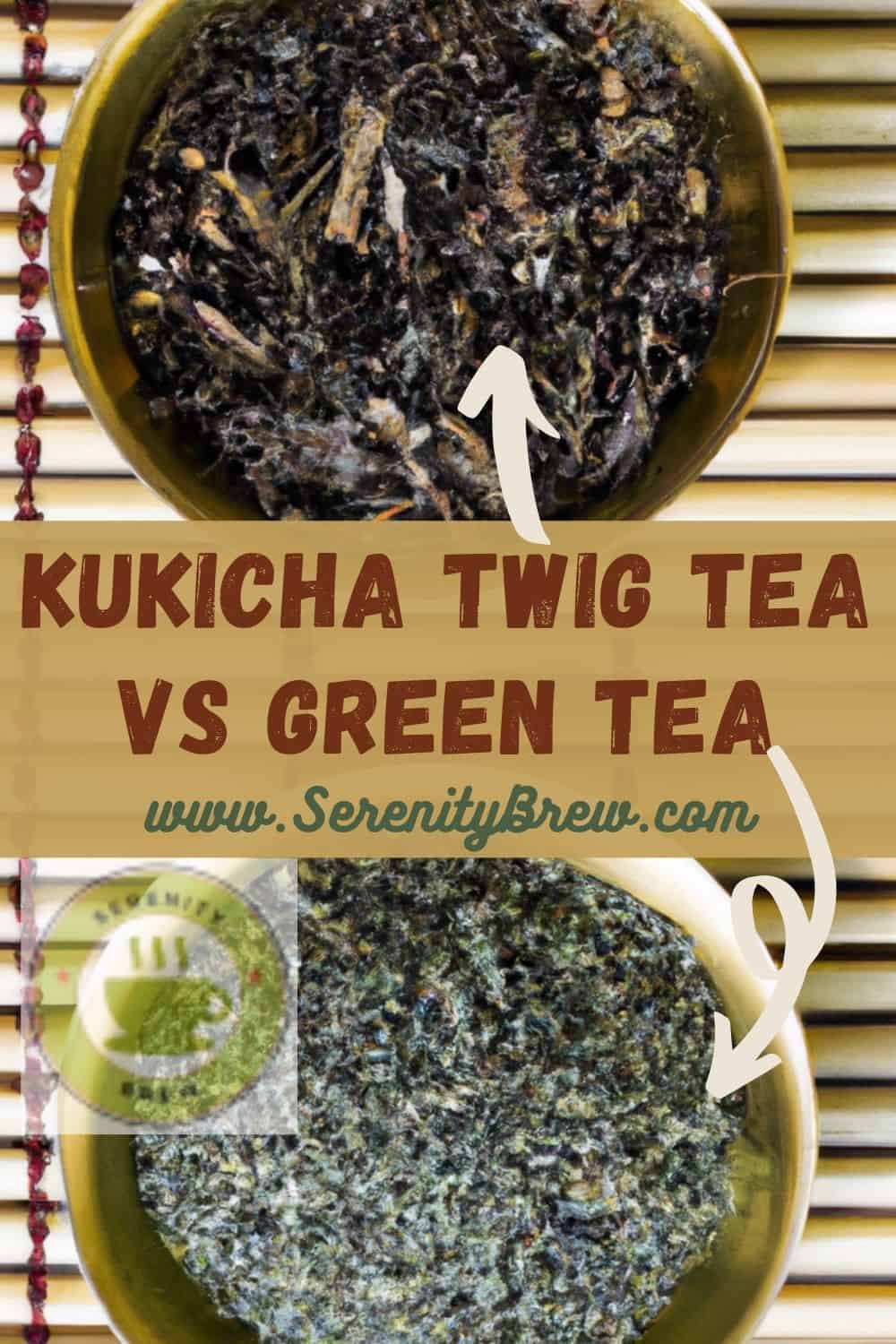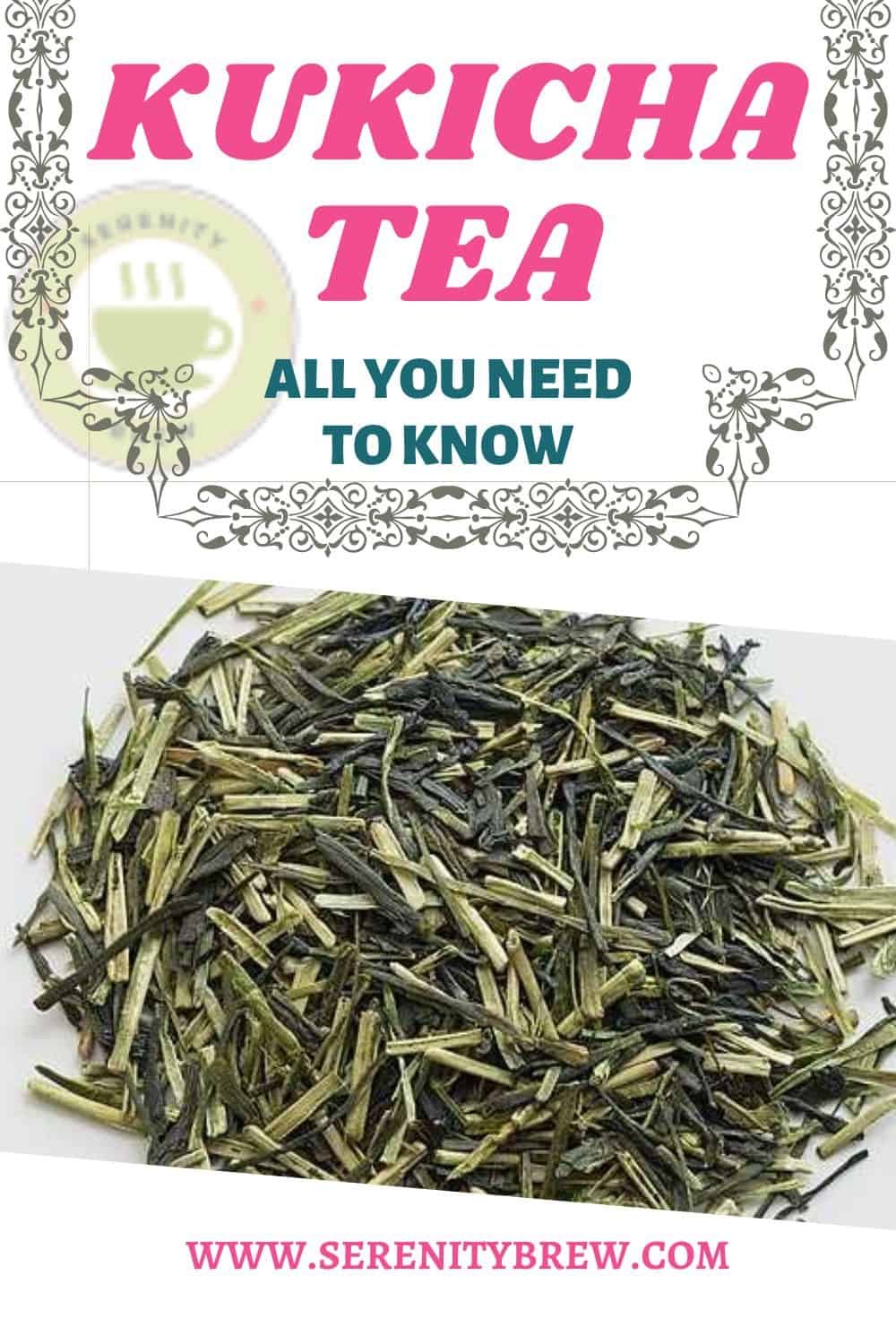Kukicha Twig Tea: nutritious way to boost your Calcium intake
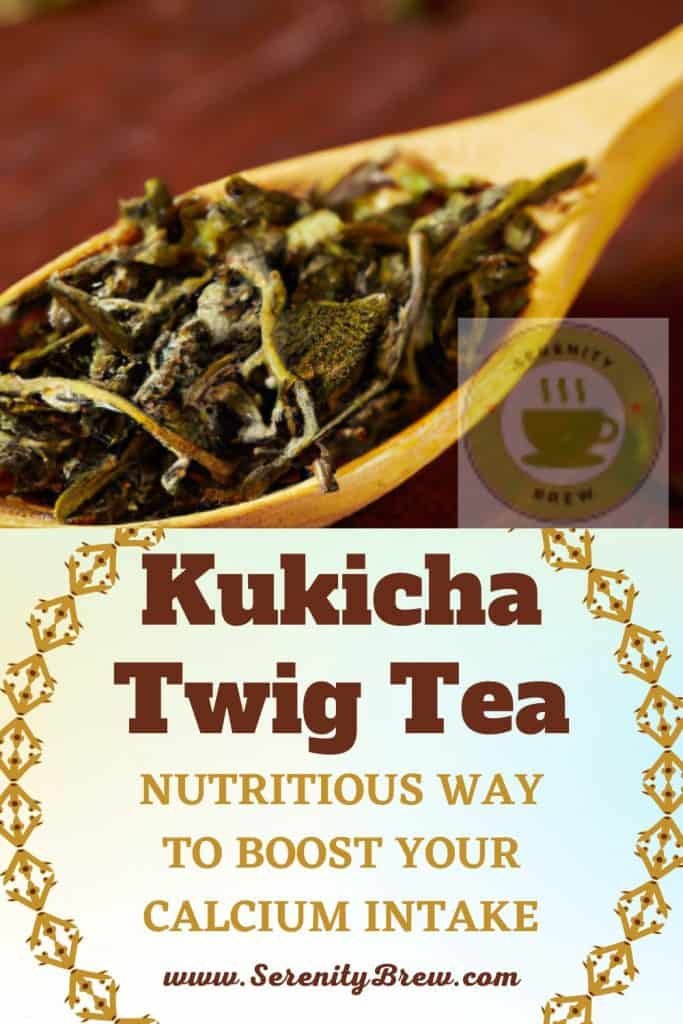
Kukicha tea, also known as twig tea or bōcha, is a traditional Japanese tea made from the stems, stalks, and twigs of the Camellia sinensis plant. It is known for its unique flavor and health benefits, one of which is its high calcium content. This tea contains around 20-40mg of calcium per 100g, which can help support strong bones and teeth. It is also naturally low in caffeine and rich in antioxidants, making it a great option for those looking for a healthy and delicious alternative to traditional teas.
Amount of Calcium in Kukicha Tea
The exact amount of calcium in kukicha tea can vary depending on the source and quality of the tea leaves used to make it. However, on average, kukicha tea contains around 20-40mg of calcium per 100g. While this may not seem like a lot, it’s important to keep in mind that kukicha tea is usually consumed in smaller quantities than foods that are high in calcium, such as dairy products. Drinking a cup or two of kukicha tea per day can still contribute to your daily calcium intake.
Can Kukicha Tea provide completely for Daily intake of Calcium
You can drink kukicha tea every day as a source of calcium, but it should not be the only source of calcium in your diet. While kukicha tea does contain calcium, the amount per serving is relatively low. It is recommended to consume a variety of calcium-rich foods, such as dairy products, leafy greens, and fortified foods, in addition to drinking kukicha tea to ensure you are getting enough calcium to meet your daily needs.
It is also important to note that drinking kukicha tea in moderation is considered safe for most people. However, if you have any health conditions or take any medications, it is always best to consult with a healthcare professional before incorporating kukicha tea into your daily routine.
Calcium in Kukicha Tea Vs Milk
Kukicha tea and milk are both sources of calcium, but the amount of calcium in each varies significantly. Milk is a much higher source of calcium than kukicha tea. A cup of milk contains around 300mg of calcium, while a cup of kukicha tea contains around 20-40mg of calcium per 100g.
While kukicha tea is a good source of calcium, it should not be relied upon as the sole source of calcium in your diet. It is recommended to include a variety of calcium-rich foods in your diet, such as dairy products, leafy greens, and fortified foods, in addition to drinking kukicha tea to ensure you are getting enough calcium to meet your daily needs.
It is also important to note that some people may not be able to consume dairy products and for them kukicha tea can be a great alternative for calcium. Also for individuals who are lactose intolerant or need low caffeine calcium-rick alternatives, drinking kukicha tea can be a great alternative for calcium as it does not contain lactose.
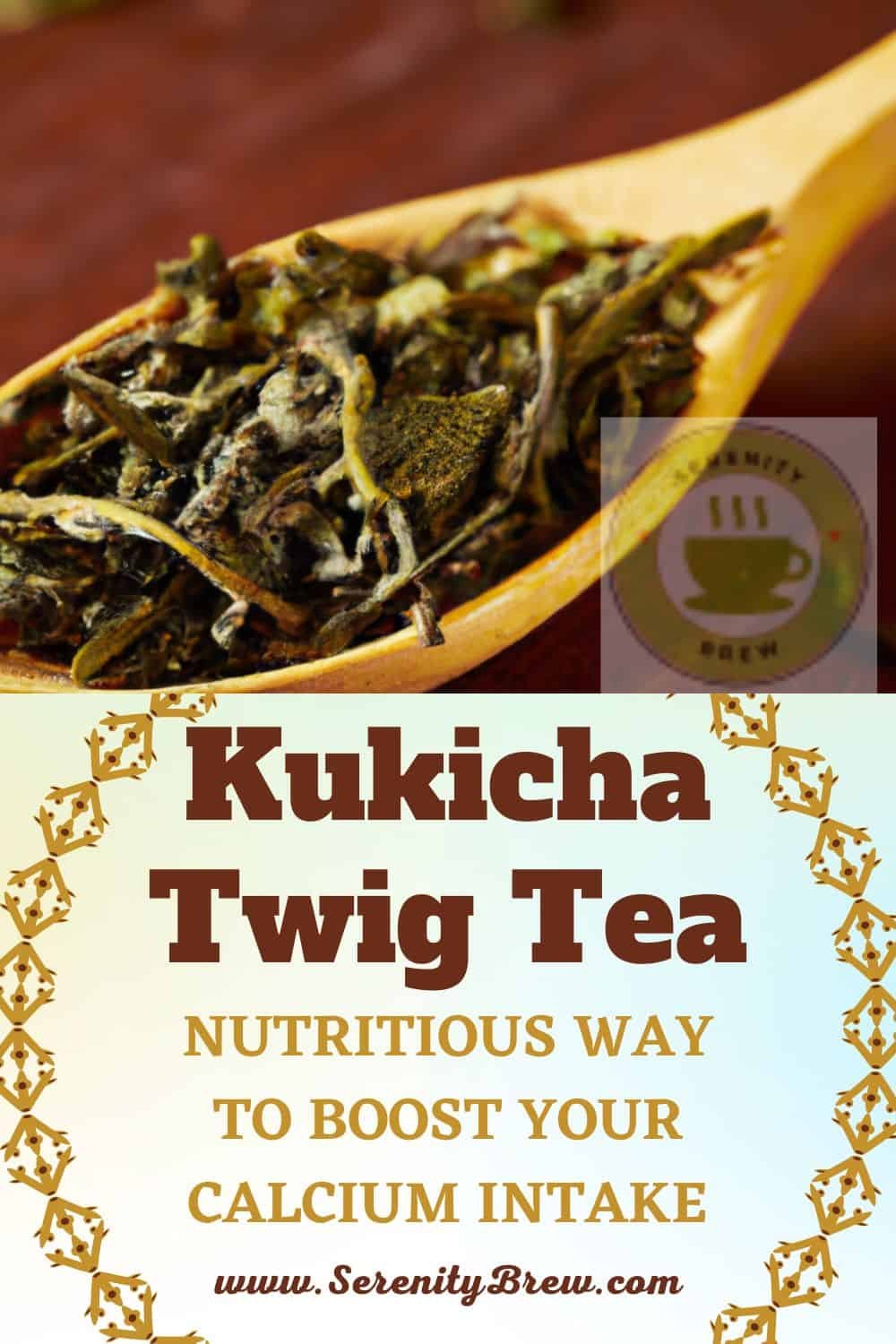 | 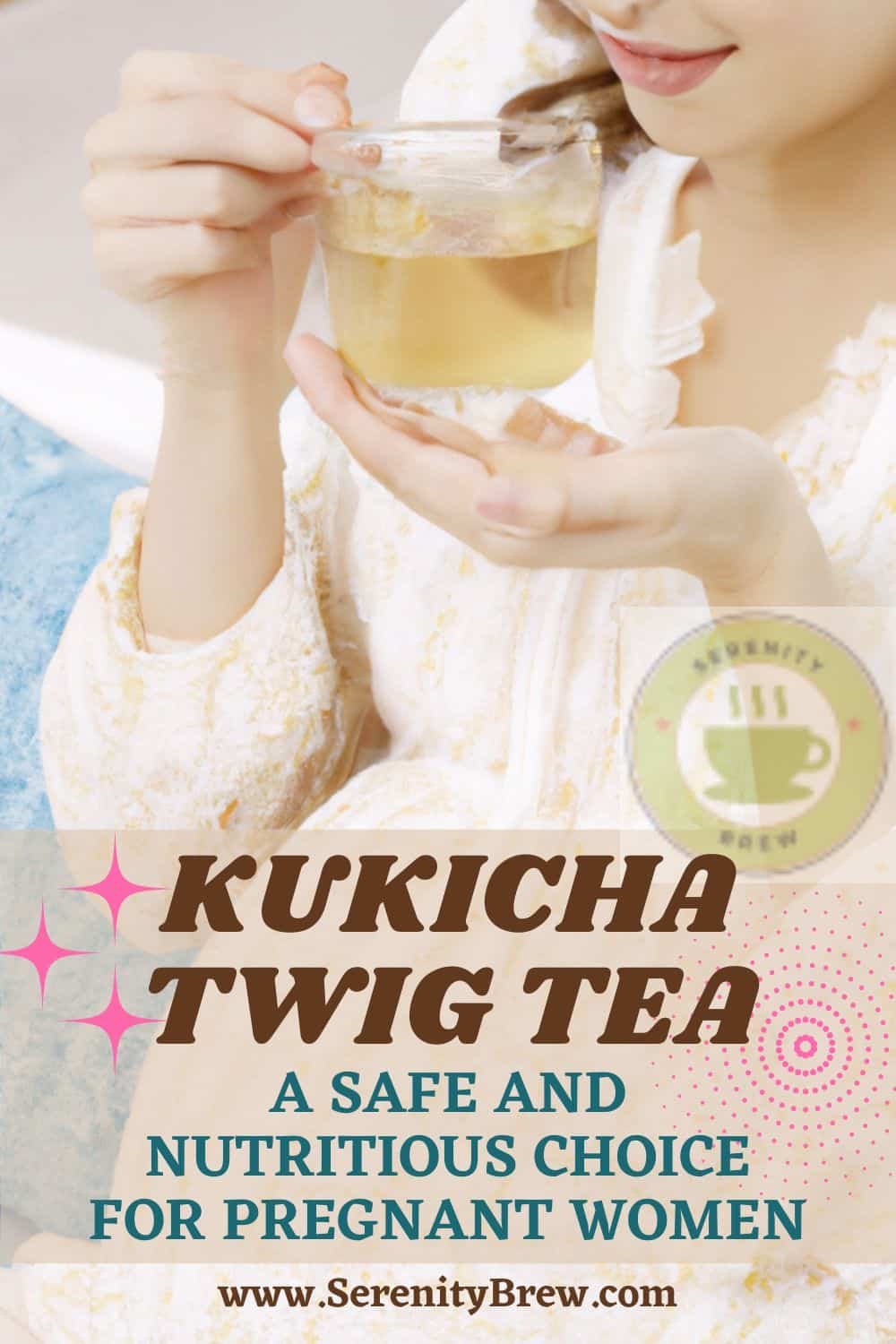 |
| Kukicha Twig Tea: nutritious way to boost your Calcium intake | Kukicha Twig Tea: A Safe and Nutritious Choice for Pregnant Women |


